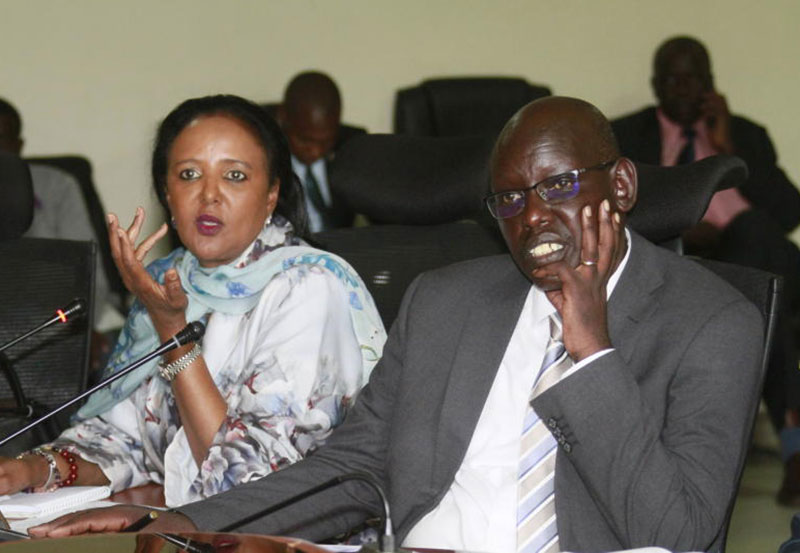×
The Standard e-Paper
Fearless, Trusted News

Only days ago, Education PS Belio Kipsang and Kenya Institute of Curriculum Development Director, Dr Jwan Julius assured Kenyans of the implementation and successes of the new curriculum..
But the immediate about turn by Education Cabinet Secretary Amina Mohammed on the roll out has caught many parents unawares with several questions raised over huge resources invested in the project.